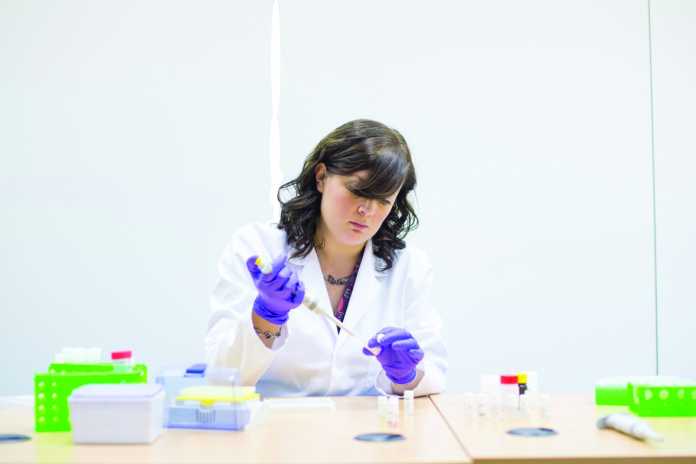

UNEMPLOYMENT not only affects people psychologically, it also affects them biologically.
That was the outcome of research conducted at the University of Limerick (UL) using people’s saliva to measure levels of stress associated with employment and unemployment.
Researchers conducted the study using the spit of 110 participants, 59 per cent of which were unemployed.
Previous research showed that unemployment is a risk factor for depression, but now a team of researchers from the Study of Anxiety, Stress and Health laboratory (SASHlab) at UL, have extended on this to show that the stress of unemployment gets inside the body.
Director of SASHlab, Dr Stephen Gallagher and postdoctoral researcher, Dr Rachel Sumner, wanted to see whether the stress associated with unemployment impacted on the hormonal health of those unemployed. They were particularly interested in looking at hormones associated with stress, accelerated ageing, heart disease, and depression.
In the study, unemployed and employed people gave completed a stress survey and provided saliva samples to assess their hormone levels. The results found that unemployed people are not just more stressed, stigmatised, depressed and report poorer physical health compared to those who are employed; they also displayed a less healthy hormonal profile compared to those who were employed.
The UL researchers’ findings showed that these irregular hormonal patterns are not only similar to those experiencing chronic stress, but similar patterns have been seen in those with depression and heart disease. The research group also found that self-esteem and social support might be factors that can change someone’s experience of unemployment.
According to their analysis, those people who have more social support tend to fare better during unemployment, while those with higher stress and lower self-esteem fare worse biologically.
“Our initial findings not only confirmed that unemployment constitutes a psychological risk for health; it now demonstrates that the stress associated with unemployment constitutes a biological risk, a risk that could underlie a range of negative health outcomes from depression, poor immunity, and accelerated ageing,” Dr Gallagher told the Limerick Post.
This indicates that the stress from unemployment may put these individuals at risk of disease or exacerbate any underlying health conditions
Dr Sumner suggests, “It also underscores the importance of providing support and interventions to those who are unemployed to counteract the negative experiences associated with unemployment”.
Funding from the Irish Research Council supported this work and the results of the study have now been published in a prestigious peer-reviewed scientific journal.
by Alan Jacques


